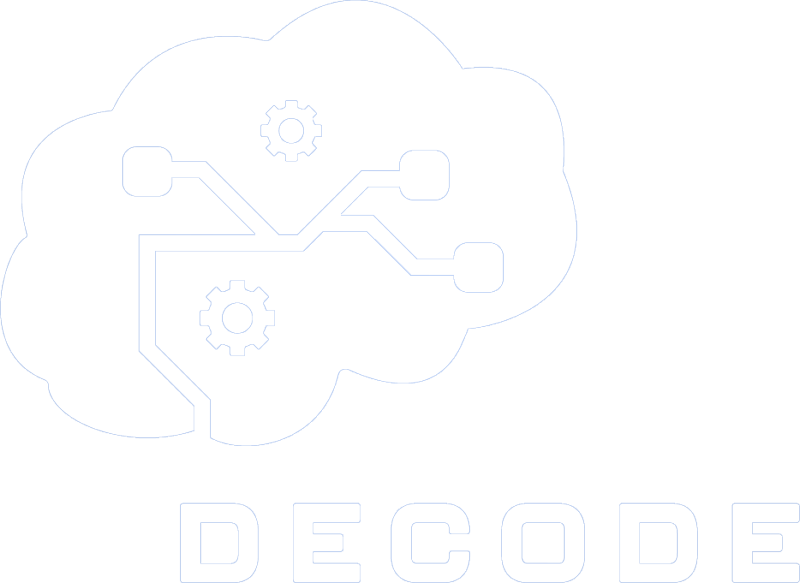DECODE will lay foundations for new approaches to the management and treatment of multiple long-term conditions amongst people with intellectual disabilities and inform the design of future care. This will be achieved by utilising machine learning aided analysis of MLTCs in people with intellectual disabilities and establishing actionable insights to support the effective coordination of care.
Work Packages
DECODE comprises 4 interlinked work packages which incrementally lead to the development of useable resources to underpin enhanced co-ordinated care of adults with intellectual disabilities. The project is transdisciplinary featuring expertise from data science, AI, medical informatics, epidemiology, human factors, design, ethics and qualitative research, as well as those with lived experience of learning disabilities Each work package is underpinned and iteratively informed by patient and public involvement as well as insights from a professional advisory panel.
WP1
Data mining, preparation and bias (CPRD & SAIL)
WP2
AI applications: Identification of MLTC clusters, trajectories and risk factors
WP3
Design of meaningful visualisations of AI outputs
WP4
Developing actionable insights for effective care coordination
Patient and Public Involvement & Engagement (PPIE) Panel and Professional Advisory Panel: Collaborative design of research methods
Research participants: Prototyping and testing of data visualisations and usage scenarios.
Work Package 1
Aims to prepare data for AI applications in WP2. It will use the UK Clinical Practice Research Datalink (CPRD) for England and the Secure Anonymised Information Linkage (SAIL) databank for Wales. Two distinct processes will govern the access and manipulation of CPRD and SAIL data. University of Leicester and Swansea University will prepare data which will be accessed by/shared with Loughborough University and King’s College London for machine learning applications.
Work Package 2
Develops the analytical backbone to this project through developing intelligent computational approaches and applying them to the SAIL and CPRD datasets, pre-processed in WP1, starting each task initially with CPRD before refining the method for SAIL. Meta-analysis will be performed to systematically assess the results obtained from the two datasets, comparing those results with existing literature on the topic, and deriving conclusions about the findings with the input from the Professional Advisory Panel (PAP) and Patient Public Involvement & Engagement (PPIE) panel. The algorithms produced will be deployed as software tools. The tools will be tested using black and white box software testing methods to test the code’s functionality and user experience respectively.
Work Package 3
Will design user-friendly visualisations to display, in a meaningful and accessible way, the outputs of AI analysis (WP2) to two different groups of stakeholders: 1. Health and social care professionals; 2. People with mild intellectual disabilities and carers.
Work Package 4
Will develop actionable insights and practical usage scenarios for effective care coordination of people with intellectual disabilities and MLTCs on the basis of the user-friendly visualisations produced from WP3. Usage scenarios will range from decision support systems for health and social care professionals, guidelines/training for people with intellectual disabilities /carers to commissioning strategies and policies for effective care coordination.
Patient and Public Involvement and Engagement (PPIE)
Patient and Public Involvement and Engagement (PPIE) means working in partnership with patients and members of the public to plan, manage, design, and carry out research. PPIE group members can also be called ‘experts by experience’ because they have personal lived experiences relevant to the research.
We have four PPIE groups working with the DECODE project. One core group and three advisory panels or groups.
- The Core PPIE group is made up of 3 adults with a learning disability. This group meets with the research team most frequently.
- Expert by experience group A is made up of 8 adults with a learning disability.
- Expert by experience group B is made up of 8 unpaid family carers of people with a learning disability.
- Expert by experience group C is made up of 8 paid carers of people with a learning disability.
The role of the PPIE includes giving advice and guidance on how research should be conducted, how people with intellectual disabilities and their carers should be included in the research and finally how research findings should be used to make healthcare better in future.

